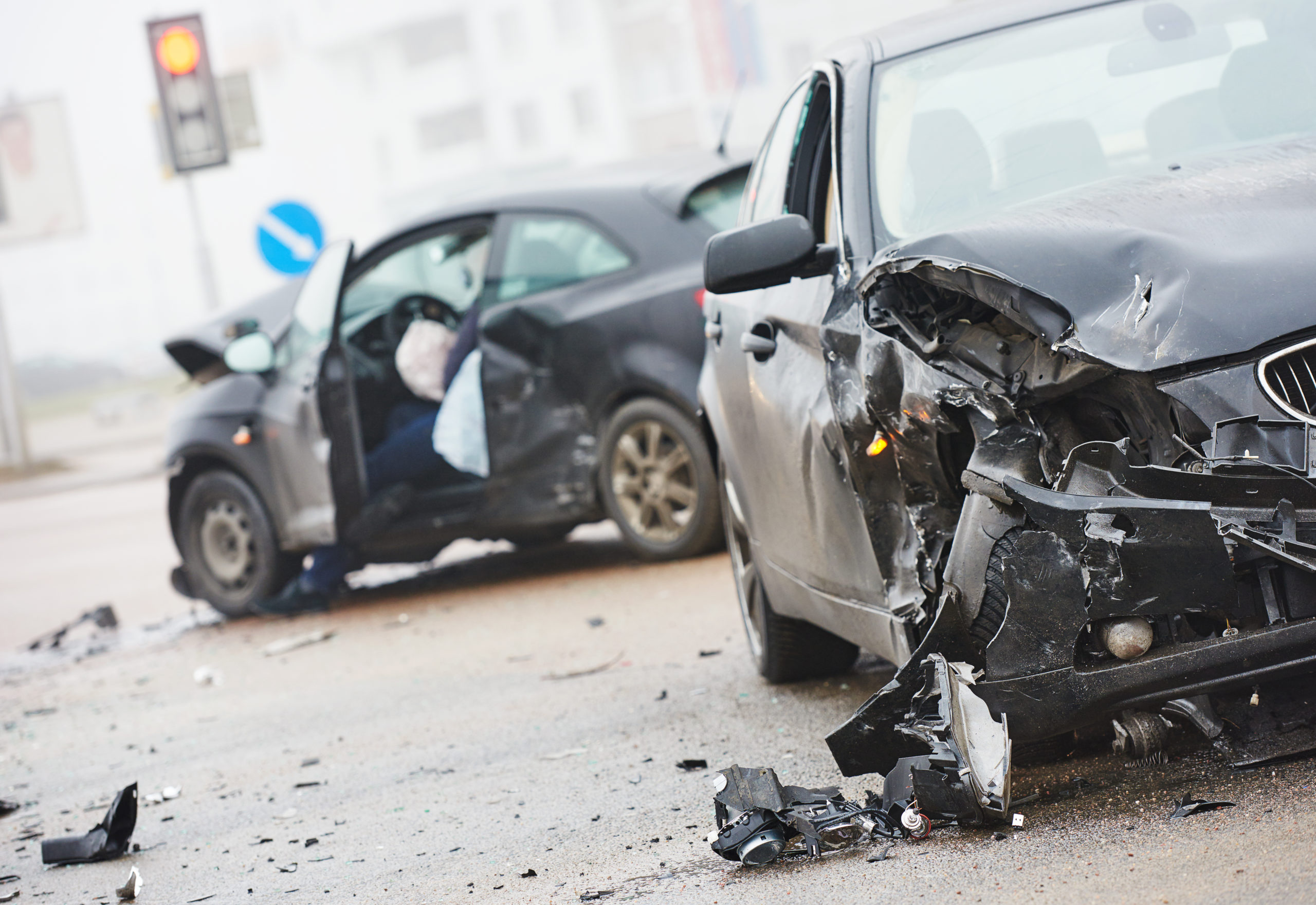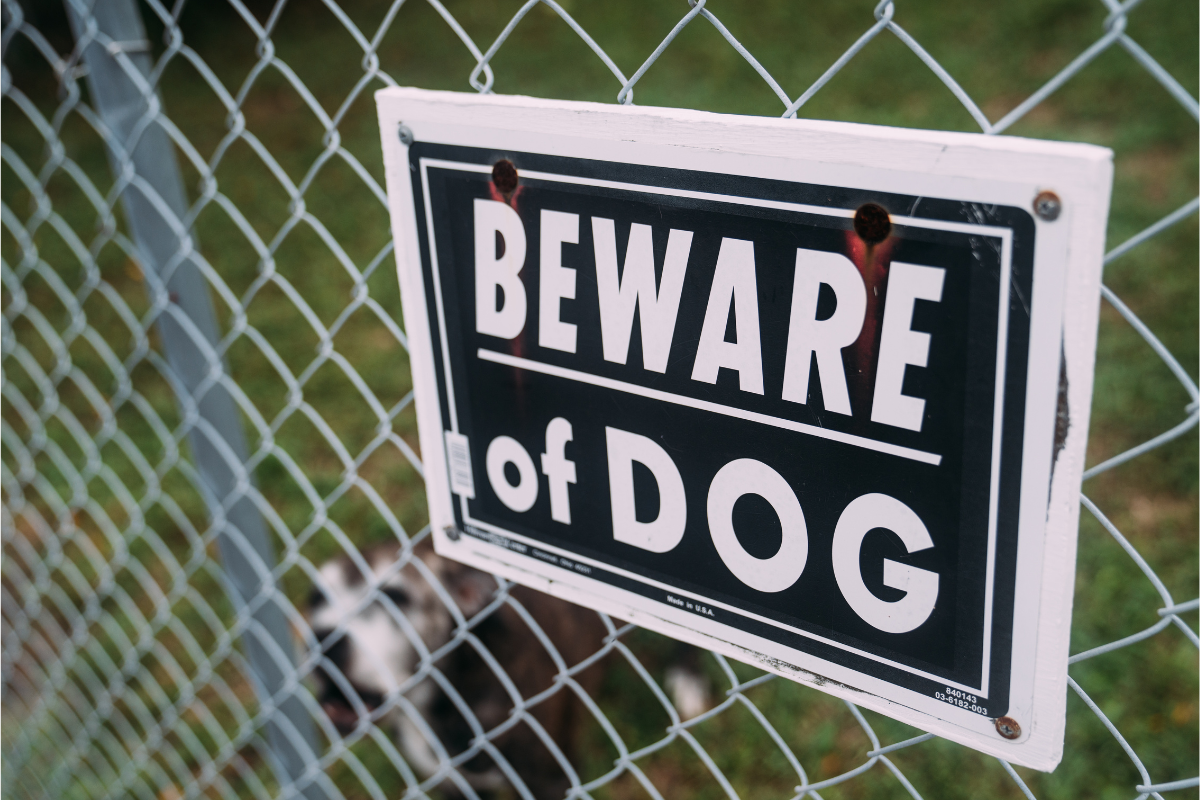Over the last two decades, there has been a significant reckoning between allegations of sexual abuse of children in religious settings and holding those institutions accountable. One question that continues to confuse people is how sexual abuse in the church continues to occur. In some cases, the abuse occurred for decades with the same abusers across dozens of parishes. One of the biggest reasons is that clergy aren't mandatory reporters of abuse—in most states.
The relationship between clergy members and their congregants is one of deep trust, privacy, and spiritual guidance.
Understanding the Clergy-Penitent Privilege
Historically, many legal systems recognize the sacred nature of confessions or communications between an individual and their spiritual leader. This concept, often called the “clergy-penitent privilege,” aims to protect the confidentiality of these conversations.
A few reasons behind this privilege include the following:
- Spiritual Sanctity: Religious confessions or disclosures are seen as a spiritual process aiming for penance, reconciliation, and redemption. Some deem the privacy of this process vital for spiritual growth.
- Promoting Open Communication: If individuals fear that their confessions or disclosures could be shared with authorities, they may refrain from seeking spiritual guidance, which could further alienate them from their faith community.
- Varied Definitions of Abuse: While certain types of abuse are universally recognized, there are gray areas in what might be perceived as abuse in various cultures and religious interpretations.
The Debate on Mandatory Reporting
However, in light of recent high-profile abuse scandals within religious institutions, many argue that clergy should be mandatory reporters, especially regarding child abuse or sexual assault—whether it occurs among their ranks or through a confessional. They believe the safety and well-being of individuals, particularly vulnerable ones, should supersede the clergy-penitent privilege. Some states in the U.S. have moved in this direction, making clergy mandatory reporters, but interpretations and applications vary widely.
States with Legislation Pushing Back on Clergy Reporting Protections
Some states in the U.S. have addressed or are addressing the issue. The following states have introduced or approved legislation to remove religious exemptions:
- California: In recent years, California has sought to expand its mandatory reporter laws to include clergy, specifically when they gain knowledge or reasonable suspicion of child abuse or neglect outside of “penitential communication,” which is the traditional confession between a congregant and a clergy member.
- New York: The Child Victims Act in New York has extended the statute of limitations for child sexual abuse victims. This gives survivors more time to come forward with their allegations.
- Connecticut: Connecticut mandates all clergy to report any knowledge of child abuse, with an exception for information obtained during a sacramental confession, such as the Roman Catholic “penance” rite.
- Texas: Texas law states that everyone is a mandatory reporter of suspected child abuse, with no exceptions for clergy or confessional communications.
- New Hampshire: This state also requires all persons to report suspected child abuse, including clergy. There's no exemption for religious confessions.
- Rhode Island: Rhode Island law was changed to make all people mandatory reporters, without exceptions for confessions or communications made to clergy.
- West Virginia: West Virginia has updated its laws to require religious leaders to be included in a long list of mandatory reporters.
Remember that this is not an exhaustive list, and laws around this issue can and do change. It’s best to consult a qualified attorney or your state’s specific codes to learn more.
There's an ongoing debate about balancing religious freedom and the importance of reporting and preventing abuse, especially when vulnerable populations, like children, are involved. It's a topic that continues to evolve, and advocates on both sides are working to find a solution that protects the rights of all involved.
What is the Argument Against Making Clergy Mandatory Reporters?
The topic of clergy as mandatory reporters is a complex one with arguments on both sides. One of the reasons is etched into the legal foundation of the United States. Through the First Amendment, the U.S. Constitution forbids mixing church and state. As such, many believe that the state cannot make laws that compel religious institutions to do anything.
Often cited reasons against designating the clergy as mandatory reporters include the following:
Protection of Sacred Confessions
Many religions practice confession or personal disclosure of sins to the clergy. The sanctity and confidentiality of this ritual are foundational for many believers. They argue that if penitents feared their confessions could be reported, they might withhold crucial information or avoid dictating how religious practices, like confession, should be conducted.
Potential for Misunderstandings
Given the metaphoric or symbolic language sometimes used in spiritual contexts, there's a concern that clergy might misinterpret a congregant's words, leading to unwarranted investigations or allegations.
Reduction in Seekers of Help
If individuals know that their conversations with clergy might be reported, they might avoid seeking guidance, counseling, or help from their religious leaders. This could potentially leave some individuals without any support during times of personal crisis.
Blurring of Professional Roles
Clergy are primarily spiritual leaders, and while they have a duty of care to their congregants, they might not be trained to handle or identify cases of abuse in the same way as professional therapists or counselors. Some argue that making them mandatory reporters could blur their primary spiritual role.
Potential to Drive Issues Underground
There's a concern that if clergy become mandatory reporters, people might be less forthcoming about issues, driving problems underground rather than addressing them head-on.
Jurisdictional and Implementation Concerns
Implementing such mandates consistently across various religious practices, beliefs, and denominations could be complicated. What applies in one religion might not be applicable or easily translatable to another.
Potential for False Accusations
Some worry about the potential misuse of this mandate, leading to false accusations based on miscommunications or misinterpretations.
Religious Freedom
Some view mandatory reporting requirements for clergy as an infringement on religious freedom. They argue that the state should not dictate how to conduct religious practices like confession.
It's essential to note that many individuals and advocacy groups firmly believe that protecting vulnerable individuals, especially children, should be prioritized. The challenge lies in balancing the sanctity of religious practices with the imperative to protect potential victims.
Never Removed, Just Moved
It sends a chilling message to sexual abuse victims when a church moves an abuser rather than reports and removes them from the church. Further, it perpetuates a cycle of abuse and silence. Victims may grapple with unreconciled traumas, and communities teeter on fractured foundations where trust is eroded. This act of displacement, seen by many as an attempt to sweep the scandal under the rug, further isolates the survivors and diminishes the chances of healing and restoration.
Today, we find ourselves at a crossroads, with an urgent call for increased accountability and transparency within religious institutions echoing across society. It is incumbent upon these organizations to create safe spaces that uphold the values of justice, empathy, and truth, founded on the bedrock of respect and dignity for all.
It starts with an uncompromising stance against abuse, fortified by policies encouraging survivors to come forward without fear of retribution. Furthermore, religious institutions must adopt a zero-tolerance approach. Allegations of abuse should not end in relocation. In fact, a thorough investigation from law enforcement should occur. If proven true, the guilty must be brought to justice, ensuring the safety and security of all involved.
Contacting a Qualified Sexual Abuse Lawyer
Sexual abuse is never OK, particularly when it occurs at the hands of a trusted authority. If you or someone you know has been a victim of sexual abuse, legal resources are available. The following reasons are why contacting a qualified sexual abuse lawyer is essential:
- Advocacy and Support: Sexual abuse lawyers are trained to handle these sensitive cases with the utmost care. This ensures victims receive support throughout the legal process.
- Navigating Complex Laws: Sexual abuse laws can be intricate, varying by jurisdiction and the situation's specifics. An experienced attorney can help victims understand their rights and potential avenues for justice.
- Securing Compensation: While no amount of money can undo the trauma, compensation can help cover therapy, medical bills, and other related costs.
- Accountability: Taking legal action can prevent further abuses by holding perpetrators accountable and pushing churches to implement safer practices.
We Care. We Can Help.
The debate on whether clergy should be mandatory reporters continues. But one thing remains clear: victims of abuse have rights. If you are a victim of sexual abuse, contact a skilled attorney to understand your options and seek justice.




